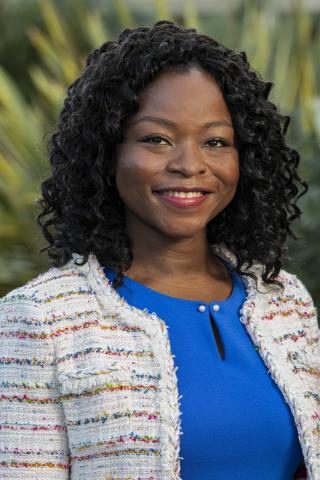
I recently had the urge to step out of the realm of my typical “worker bee” mentality to explore a macro view of the world. Maybe this was inspired by watching Netflix’s social satire film – Don’t Look Up – or maybe it was just another form of procrastination. Either way I thoroughly enjoyed reading The Fourth Turning, where authors William Strauss and Neil Howe recount how the history of the United States has been shaped by repeatable cycles of human history that play out every 80-100 years. Within this time frame, about every 20 years, each generation (think Boomers, Gen-Xers, Millennials, etc) are shaped by and cause shifts in societal norms, culture and economic realities. What is most fascinating about the authors’ account is that these generational shifts occur in such a way that seemingly random events cause predictable social reactions based on where we are in a historical cycle. Contemplating the book’s narratives made me think of two points that are relevant to the task of reflecting on what it means to be a Black vascular surgeon (I swear there is a point here).
Police brutality exacted upon African Americans happens all too often in the United States, but only a small minority of these cases are brought to the forefront of the nation’s consciousness. For me, two representative, but distinctive cases are the brutal beating of Rodney King in March of 1991 (when I was a child) and the murder of George Floyd in May of 2020 (when I was well into adulthood). I’ve reflected upon how differently “justice” was delivered after these events – in Mr. King’s case no one was found guilty of brutality and for Mr. Floyd, at least one officer was found guilty of behaving recklessly, leading to Floyd’s death. I’ve had difficulty in pinpointing key societal changes that produced these disparate outcomes (no justice vs some justice), but in the context of historical cycles of human behavior, the difference in the two outcomes make a bit more sense.
The 1990s were marked by a period of societal “Unravelling”, as described by Strauss and Howe, where pessimism, individualism, and weakening institutions were the norm and fixing any one really difficult problem (e.g. systemic racism) just seemed impossible. Many people knew that things weren’t headed in the right direction and needed to change but many remained in a state of inertia. Because social behavior is cyclical, Strauss and Howe, who by the way wrote The Fourth Turning in the 1990s, predicted that we would enter a “Crisis” phase of history by the mid-2000s with a climax of events in the 2020s. Some events they predicted for this time frame included a financial crisis that would significantly devalue assets (check), a strong reaction to a global pandemic (check), grappling with racial justice (check) and a large-scale war (hmm..). What is distinctly different about prevailing societal attitudes and behaviors during our current “Crisis” phase is essentially that things get SO bad that the adults in the room are forced to replace “the old civic order” for something new.
If you take the mental leap, as I did, and believe that historic human cycles repeat themselves, and are predictable, then you may become extremely optimistic about our future despite all the persistent issues that surround us. For example, I’ve had conversations with people who are a bit cynical about Diversity, Equity and Inclusion efforts for various reasons, chief amongst them are concerns that efforts may ultimately be symbolic. But I believe these misgivings stem from pessimism brought on by the experience of previous generations, which is fair. But I also believe we are fundamentally at a different point in human history; a point at which change, lasting change for our society and even our distinctive patient populations, is possible. After the peak of the “Crisis” phase, historians have seen Western societies destroy old, dated value systems and replace them with a new civic order and programs that better reflect our more inclusive and optimistic attitudes towards each other. But none of these changes happen automatically. To realize true, lasting improvements in diversity, equity and inclusion to the point where we are encouraging more societal participation and excellence in medicine and (vascular) surgery, we must be deliberate and relentless – both in our assessment of the myriad problems and design and execution of effective solutions.